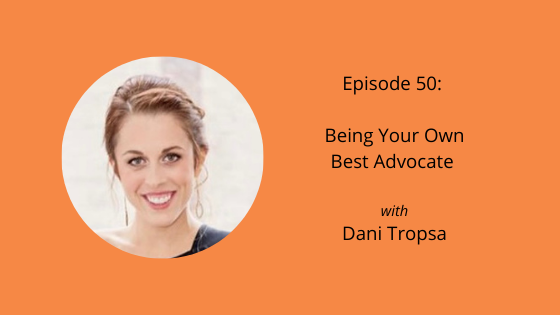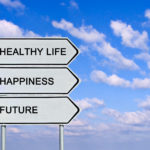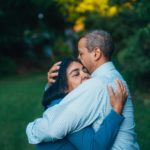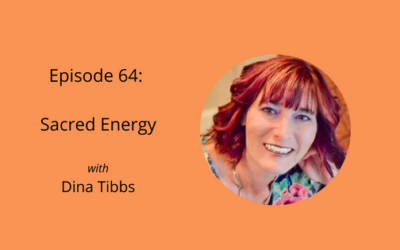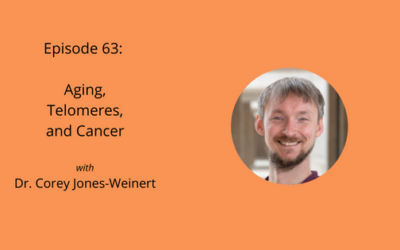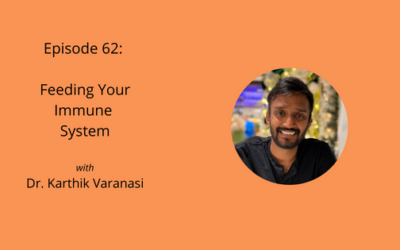Being your own best advocate means you know what you need and when you need it. It means trusting your body to give you the information you need to follow up on to know how to take the best care of yourself.
No one knows this better than Dani Tropsa.
Like many survivors, when asked about how they got diagnosed, they say they found it themselves. For many women and men, there is no regular screening process because you don’t think it’s something that could happen to you. But statistically, about 80% of breast cancers are not genetic.
Being your own best advocate means if you have a concern, you can speak up for your right for screenings and additional tests. There are some recommendations right now that if you are under age 45 you don’t need screening tests. I say, if you have a concern, don’t rule out the screening until you’ve ruled out a problem. In other words, get the mammogram! At the very least, get an ultrasound which may give you better answers than a mammogram (which may not show it) especially if you’re young. Bottom line, always trust your gut!
Are self-exams really worth it?
Being your own best advocate means you feel comfortable in your own skin. And to feel that way, you need to know your body. Doing self-breast exams sporadically can feel awkward. Do it regularly, do it properly. Learn to do it right so that you can monitor changes in your body. It’s not alarmist thinking, it’s comforting to know your body. Knowing your body alleviates the anxiety of missing something. Be in tune with your body. No one knows your body better than you – physically and mentally.
Making life changes after a cancer diagnosis.
Being your own best advocate means you have control over your life. That means if you want to make changes in your diet you do it, without input from others. For Dani that meant limiting meat, processed foods, and eating foods without added hormones. It may mean re-evaluating your relationship with food. Learning how to read food labels, and making the choices that feel good to you even if you don’t have science to back it up. Sometimes just doing what feels right is enough.
Reading the labels can also extend to using non-toxic products on your body, like makeup, skincare, and sun care products. These products are usually loaded with chemicals that your body has to detoxify. Limiting exposure to these products makes less work for your body.
One aspect of self-care we don’t usually think about is our relationships with others. For Dani, being your own best advocate meant setting healthy boundaries with other people. Taking time for herself and her own self-care. Is that an area where you could create a little more peace and calm in your own life? Create a stress-relieving routine for yourself. Learn to manage your anxiety by practicing stress reduction techniques. Make the time you take for yourself sacred.
Follow your passion.
That sacred time could include moving your body the way you enjoy. For Dani, following her passion meant dancing. Before dance became a regular part of her life, Dani enjoyed swimming and team sports, but ultimately stayed with the dancing as that was her true passion.
Helping others through health advocacy.
Dani began her journey as a health advocate on social media posting public service announcements like how to do a self-exam and medical advice she learned from her health care team. Now, she helps to connect others to cancer communities so they don’t have to go it alone.
She did it to help people take their health into their own hands.
Family planning post cancer.
This is never an easy conversation to have and it was definitely a sensitive subject for us, but I’m glad we had the time to talk about it because it’s helpful to hear different perspectives. Dani mentioned that she “feels different” from women who haven’t had cancer because some of her choices have been taken away. There are different choices that affect young women regarding family planning. Freezing eggs. Invitro. Timing of medication and pregnancy. How cancer could be affected by pregnancy? Would waiting until after medication increase the risk of a pregnancy because of the older age of the mother? What about surrogacy? There are many factors and expenses to consider. And I am grateful for the honest exploration of this topic with Dani.
I would love to know…
Do you advocate for yourself? In all situations? Medical situations? Why or why not? If you don’t advocate for yourself, what stops you? Leave me a comment!
Here are some of my favorite moments from this episode:
- 1:47 Meet Dani.
- 2:58 Diagnosed at 30!
- 7:56 The right screening at the right time.
- 11:18 Knowing your own body.
- 16:36 Making life changes after cancer.
- 30:02 Move your body for joy.
- 33:04 Being a health advocate.
- 38:17 Reproductive concerns after cancer.
Links you might find helpful:
- Super Immunity by Joel Fuhrman, MD
Subscribe & Review in iTunes
Not subscribed to the podcast yet? Subscribe today so you don’t miss out on upcoming new content! Trust me, this is stuff you’re not gonna wanna miss! Don’t know how to review a podcast? Check out this article I wrote about rating and reviewing a podcast.
Want more?
If you’re stressed about what to eat check out episode 34 with Cathy Leman, RD, or episode 35 where I talk about food rules vs. food values. Episode 19 and episode 30 were about balancing components of an anti-cancer lifestyle. Episodes 25, 31, and 32 were about helping you find ways to heal your soul through Reiki and healing touch, writing, and art therapy.
Spread the love!
Share this blog, podcast, or email musings with your friends and family.
